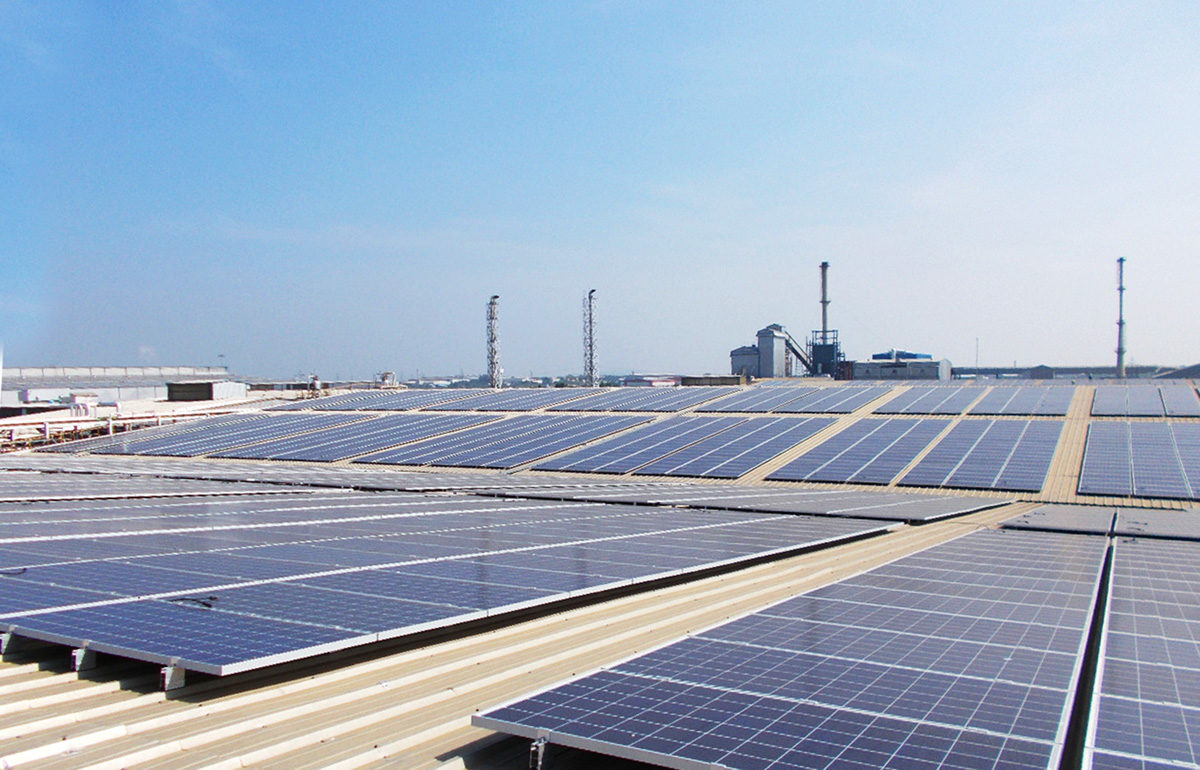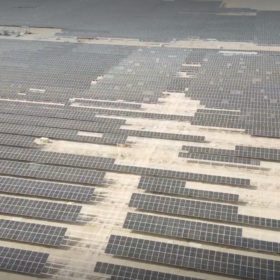The Draft Electricity Rules, 2021, are great first steps towards the promotion of Open Access in India and one that is bound to further increase the widespread adoption of renewable energy in the country. Lowering the restrictions on open access from 1 MW to 100 KW will immensely benefit a substantial proportion of the consumers of our country. In our fight against climate change, this policy will generate increased awareness and focus on renewable energy, waste-to-energy, and green hydrogen. I salute your dynamic proposal.
In my opinion, there are certain finer points in the Draft Electricity Rules, 2021, which need to be reviewed and adjusted to achieve an unbiased and free green open access in our country.
1. Open Access Charges
The draft rules are a step forward in creating uniformity of green energy open access charges in the country. The removal of an additional surcharge for green energy open access is a much-needed relief to the sector. However, the current drafts do not ensure complete uniformity of the charges to be levied across states.
A. Cross Subsidy Surcharge
The cross-subsidy surcharge was introduced to compensate DISCOMs for their obligations on providing subsidized electricity to marginal sections of our society. However, electricity is constantly used as a tool during elections that eventually leads to a rise in this surcharge over time. With DBT (Direct Benefit Transfer), electricity can be sold as per the market rates and the subsidized sections can pay for it from the transfers they receive from the state governments. This would largely eliminate the need for cross-subsidy. That being said, I understand it is outside the scope of this proposed draft. Hence, I recommend the following,
- Cross subsidy surcharge should be fixed for 25 years instead of the currently proposed 12 years. Renewable projects are known to have a life of 25 years and the process of making a return on the investment is based on estimated cash flows over its lifecycle. Hence, visibility of costs is extremely important for project viability.
- The process to determine the standby charges should be specified by the Forum of regulators responsible for the creation of the common application format.
B. Banking Charges
The uniform Banking policy stated in the draft, with the proposed cap of 10%, is a step forward, as it creates a simple and easier framework for the developers. However, the banking charges are still categorized under the jurisdiction of states. It negates the purpose of standardization of cross-subsidy charges and the removal of any additional surcharges. If we are looking at centralizing the process, should it not be part of the central forum of regulators jurisdiction?
Additionally, I suggest that the banking cap should be increased to 20%, as the current 10% cap puts wind developers at a disadvantage when compared to solar developers.
2. Process for grant of open access
The draft rules have mentioned the creation of a forum of regulators, with respect to the common application format, that will be adopted by the respective state commissions. However, there are other formalities apart from the application form that needs to be completed on the consumer and generator sides. The process involves approvals from the state DISCOMs, transmission utilities, SLDCs, and other statutory bodies. Hence, I suggest that the forum of regulators should also work on standardization of the entire process for such approvals, in addition to the application form, and do so at the national level.
3. Online Portal
The proposed draft requires the creation of an online portal that will process green energy open access applications. I would suggest that the same portal should be used to grant approvals from respective state bodies, as specified in Point 1. This will enable a single-window clearance for all applications pertaining to green energy open access. Even if the application is rejected or if due to some reason not taken forward, the reason for the rejection should be clearly stated in writing as provided for in the current draft.
4. Technical Requirements
The proposed draft provides for the open-access application to be approved within 15 days or be considered “deemed approved subject to the fulfillment of the technical requirement specified by the
Appropriate commission”. This technical requirement creates a back-door entry for delayed approvals. Hence, I suggest such (technical) requirements should be clearly specified – either within this draft or in the draft for green energy open access – by the appropriate commission.
5. Green Hydrogen and Waste-to-energy
For green hydrogen and waste-to-energy, the guidelines mentioned are forward-looking and set the requisite prelude to what is needed for their growth. Given our ambitious targets and urgent need for energy transition, both sources are extremely critical for the sustainability of our environment. I hope these guidelines are the first step (of the many to come) and should be considered as a base for proper policies, that we are in dire need of.
‘Green Hydrogen’ and ‘Waste-to-energy’ both need respective policies that list the crucial elements that are missing currently. These policies would need to formally state the rules and regulations to create demand and supply for such sources of energy. Only then can we expect them to become large-scale contributors towards energy transition in the country.
This draft is not without its positives and I would like to thank you for bringing in aspects that will benefit multiple segments of the industry. The proposed policy makes it easier for developers to work on projects across states. I can also foresee it creating a shift from government reliant organizations to a more self-sustaining model driven by market forces.
Given that there is no option to reject ‘behind the meter’ projects in the draft, it will also provide a much-needed recognition of such systems across states and further boost the adoption of rooftop solar. In turn, this will have a marked impact on consumer sentiments, wherein they will have more available options, to help them convert to renewable energy for their power needs.
Post receipt of views or suggestions from all the stakeholders and ironing out the minor crinkles that exist in the current proposed draft policy, I believe that the draft policy has the potential to act as a game-changer for the renewable energy industry. I would urge the government to relook at certain elements and consider creating a council or forum of regulators, that are centrally regulated for green energy open access projects and charges. Given the global urgency for energy transition, it is important to further the narrative on the widespread adoption of renewable energy in the country and I believe we are one step away from the same!
The views and opinions expressed in this article are the author’s own, and do not necessarily reflect those held by pv magazine.
This content is protected by copyright and may not be reused. If you want to cooperate with us and would like to reuse some of our content, please contact: editors@pv-magazine.com.








When you try to do Everything for All….. you end up doing Harm to All….
This is the case here….. one must Focus on Equal and Uniform Principles and Values .. and NOT Details supporting and promoting “Special Treatment” Agendas … like provisions for and enabling Free/Subsidized Electricity for Agriculture, Election purposes etc..